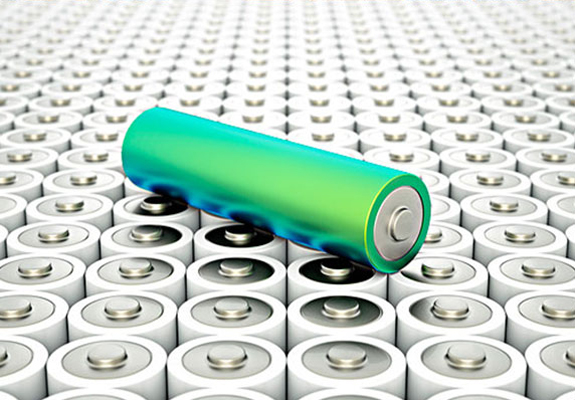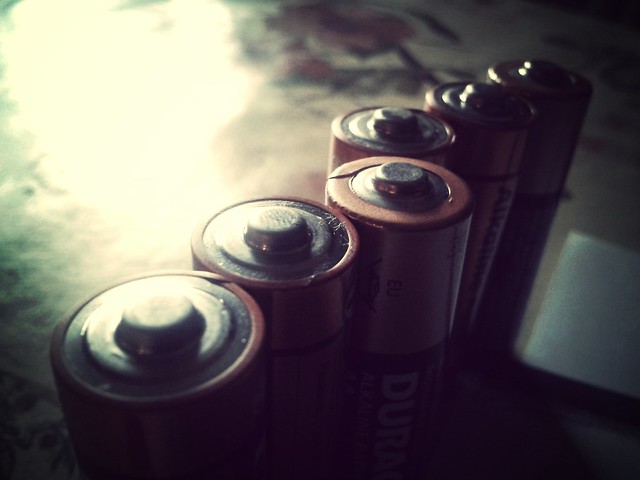Lithium Ion Battery Full Discharge Recharge Method and Fully Discharge Result
Mar 30, 2020 Pageview:4854
Is it OK to fully discharge a lithium ion battery?
Unlike the common belief, you will not need to fully discharge then charge your new Li-ion battery. Lithium-ion batteries have a selected maximum capacity that's available from the primary moment you employ them. So, once you buy a replacement Li-ion battery all you would like to try to is to top up its charge then start using it immediately.
After clarifying this, the question that always haunts us is when can we charge our Li-ion batteries?
Generally, the lifetime of the typical Li-ion battery is between 300 and 500 cycles of charging and discharging. This normally amounts to a period of two to 3 years of usage. it's worth noting that you simply should only use specified adapters to charge your batteries. Using an undesignated charger won't only harm your battery but are often very dangerous as you risk the hazard of fireside.
That said, you are doing not need to fully discharge your batteries. Just connect the battery and charge them as needed. Small and partial charges are better for the general health of your battery. it's also recommended that when a month you discharge your battery completely and recharge it to 100%. Charge your batteries at temperature. If by any chance, you're experiencing weather that's below the 0C or above 40C don't charge your battery in the least. Charging batteries in these conditions may damage the battery and cause risk to your person because the battery may explode or erupt.
How do you recharge a fully discharged lithium ion battery?
Lithium ion batteries require care. They charge using what's called a CC/CV system. Which stands for Constant Current/Constant Voltage system. during this system, the charger will keep the present "charge rate" constant up to the purpose of reaching the battery's peak voltage which is generally (4.2v per cell during a battery pack). then, it'll maintain that voltage, while within the process it reduces the present that was constant before. this is often the sole safe thanks to charging a Lithium ion battery. Most of the Lithium ion batteries require slow charging, compared to the NiCd and NiMH ones. A Lithium ion battery of capacity 3000 mAh shouldn't be charged at a rate of quite 3 amps. For the bulk of Lithium ion batteries on market, the charge rate is 1C (C stands for the capacity of the battery in Amps.).
That being said, there are nowadays batteries on the market that have the power of fast charging. meaning A battery of a capacity 5000 mAh, it are often charged at a rate of 3C (15 Amps.) Maximum charging rates are determined by the battery's manufacturer.
Always remember that Lithium ion batteries have the potential to be caught ablaze while charging if the charging rate becomes very high or for the other reason. that's way charging Lithium ion batteries must not ever be unattended.
Sometimes, once you connect your charger to a Lithium ion battery it can't be recognized. That thing happens once you over discharge your battery. Over discharged Lithium ion batteries are when the voltage of the cell drops below 3V. The recommended course of action is that you simply replace the over discharged battery. However, you'll rescue your over-discharged battery.
It is extremely important to recollect that, the longer you allow your over discharged battery; the upper its internal resistance goes. this suggests rescuing it'll be much harder and more dangerous.
That being said, unless you're an expert, please replace your over discharged battery and don't plan to recharge it.
To recharge an over-discharged Lithium ion battery, you would need to perform the following steps:
Connect the most plug of the LiPo battery to the NiMH charger.
Charge the battery with rock bottom possible current, like 0.1A.
When the battery is charging, note of the voltage number that appears on the screen of the charger; once the amount reaches 3V unplug the battery immediately.
Test the battery with the quality LiPo charger, you'd find the charger recognizes it. which suggests that the battery is not any longer within the over discharged rate.
You can use the balanced LiPo charger then to charge your battery to its full capacity.
What happens when a lithium ion battery is fully discharged?
Li-ion batteries don't have what we call a charge memory. which suggests, that deep discharging cycles aren't required. consistent with experts, it's better to permit partial discharge cycles rather than full ones to preserve the lifetime of the Li-ion battery.
However, once a month it's better to perform a totally full discharge. Let the Li-ion battery to discharge to the cut-off point then recharge it another time to the 100%.
When a lithium-ion battery is totally discharged, which suggests discharging below 2.5 volts per cell. there's a built-in safety circuit which will open and lock the battery. If you plugged your conventional charger into the battery, you would find that it will appear as if the battery is dead to you. that's why if you ever encountered this condition attend a specialist to unravel this problem. When the Li-ion reaches this state "the deep sleep state" only battery chargers including the boost function will be able to recharge the battery once again. However, it is not a simple task and should be done by someone who is familiar with the process, and well trained. That is why it is recommended that f the Li-ion battery was stored within the completely discharged condition, do not try to recharge them once again for safety reasons, even if you have the appropriate devices. Instead, attend your local specialist and ask for their help. Remember that Lithium ion batteries can be very dangerous and may cause harm if dealt with unprofessionally.
Leave Message
Hottest Categories
-
Hottest Industry News
-
Latest Industry News












